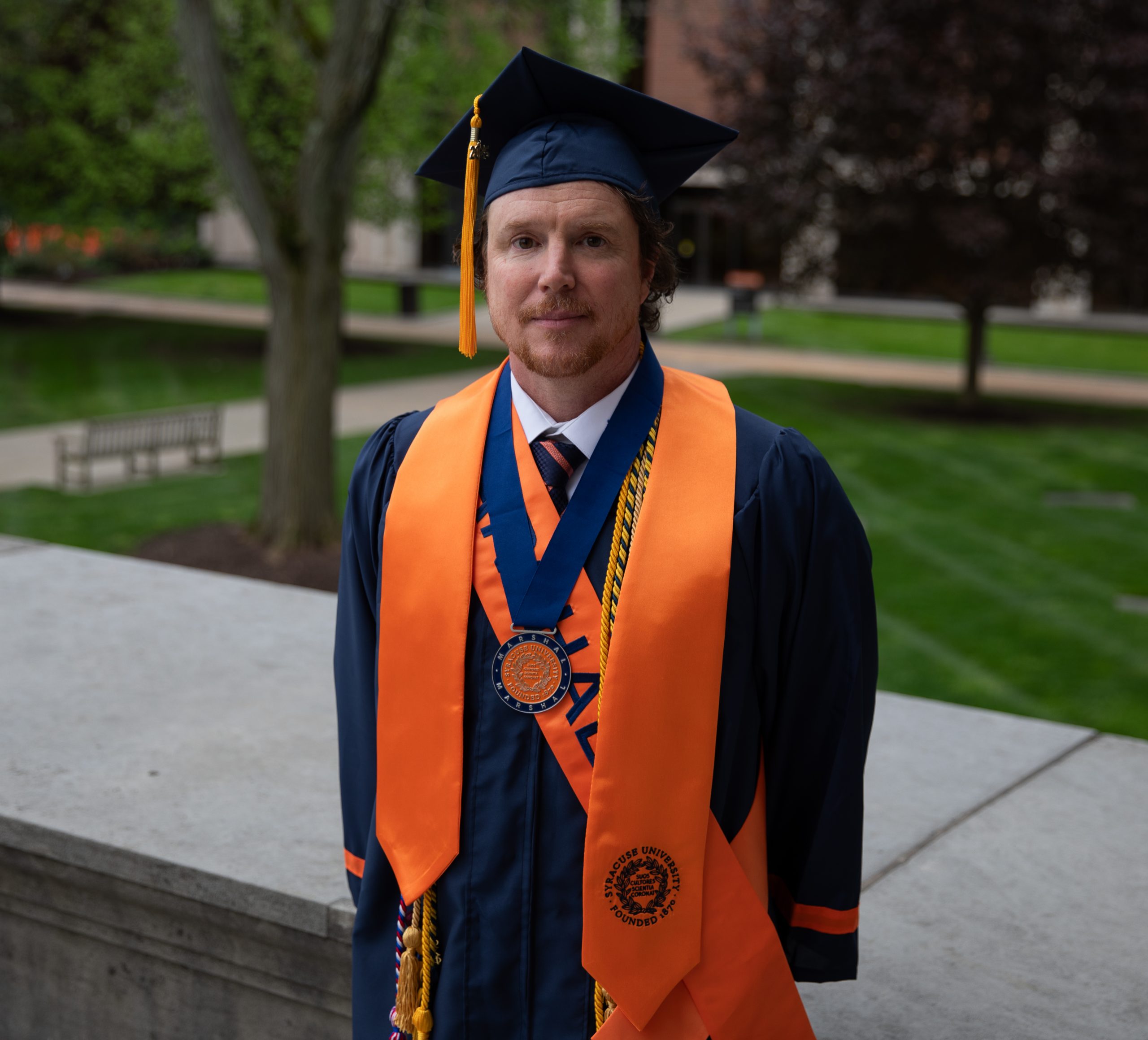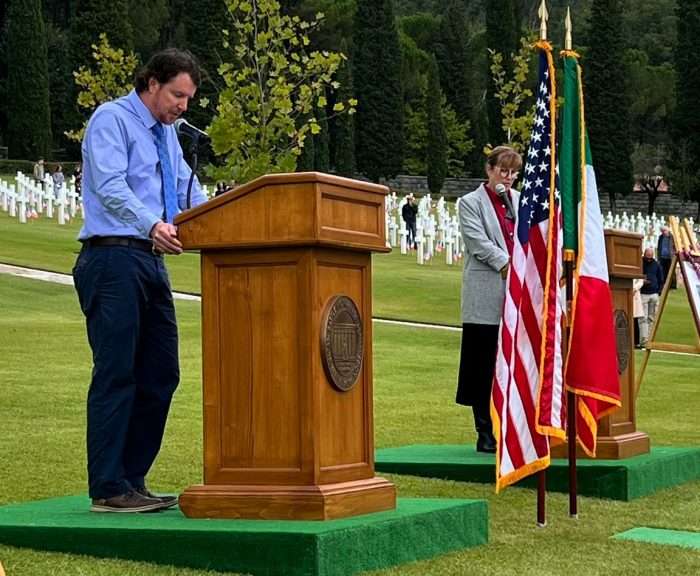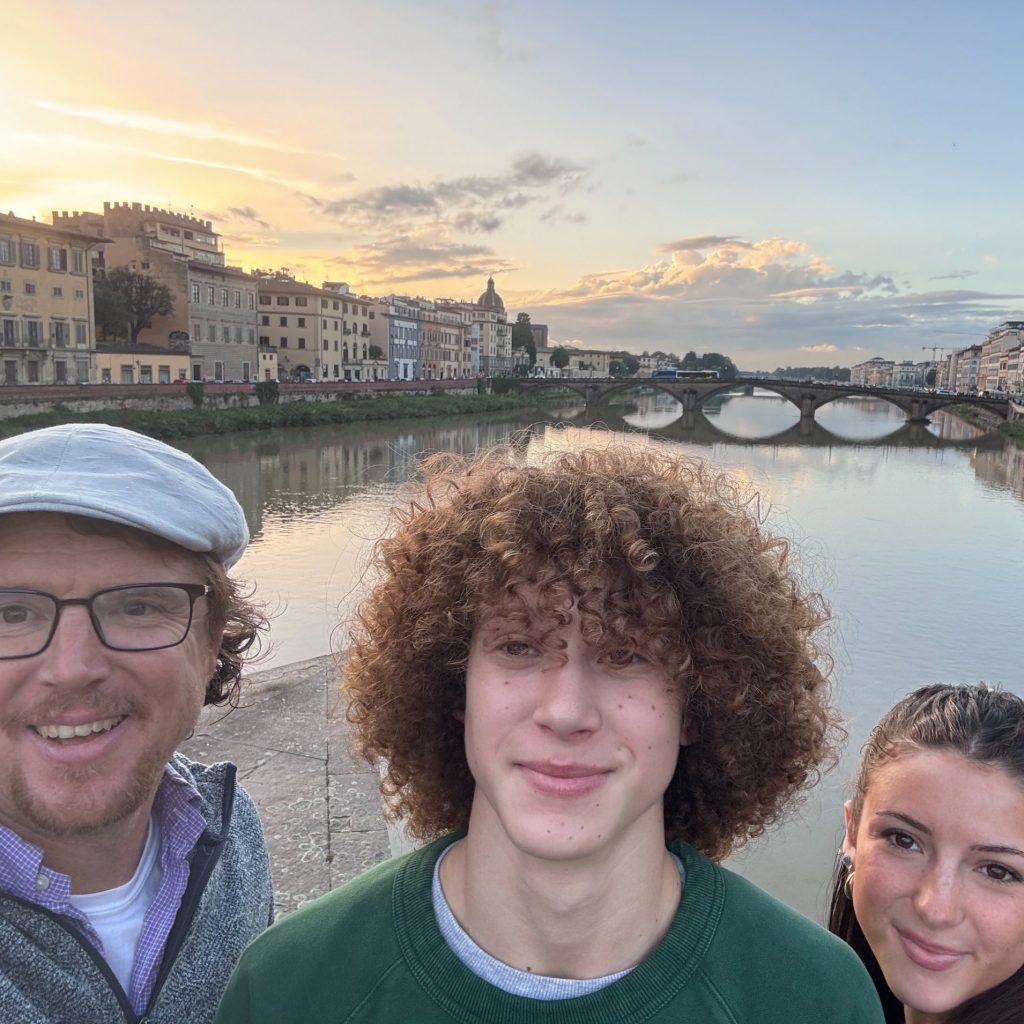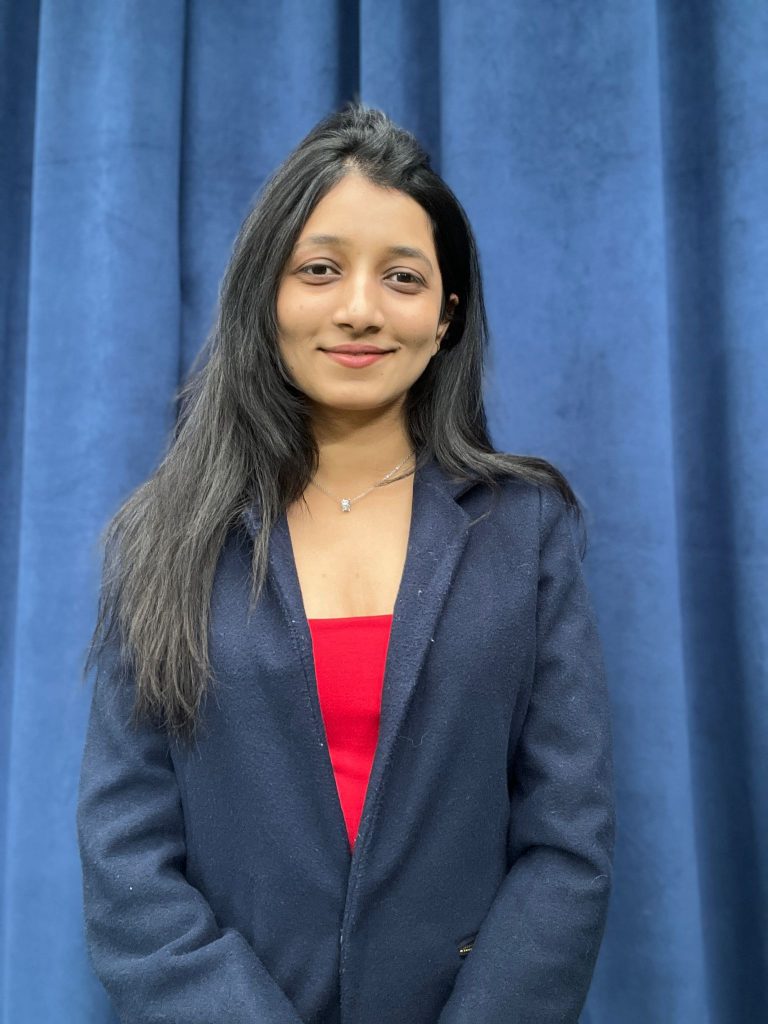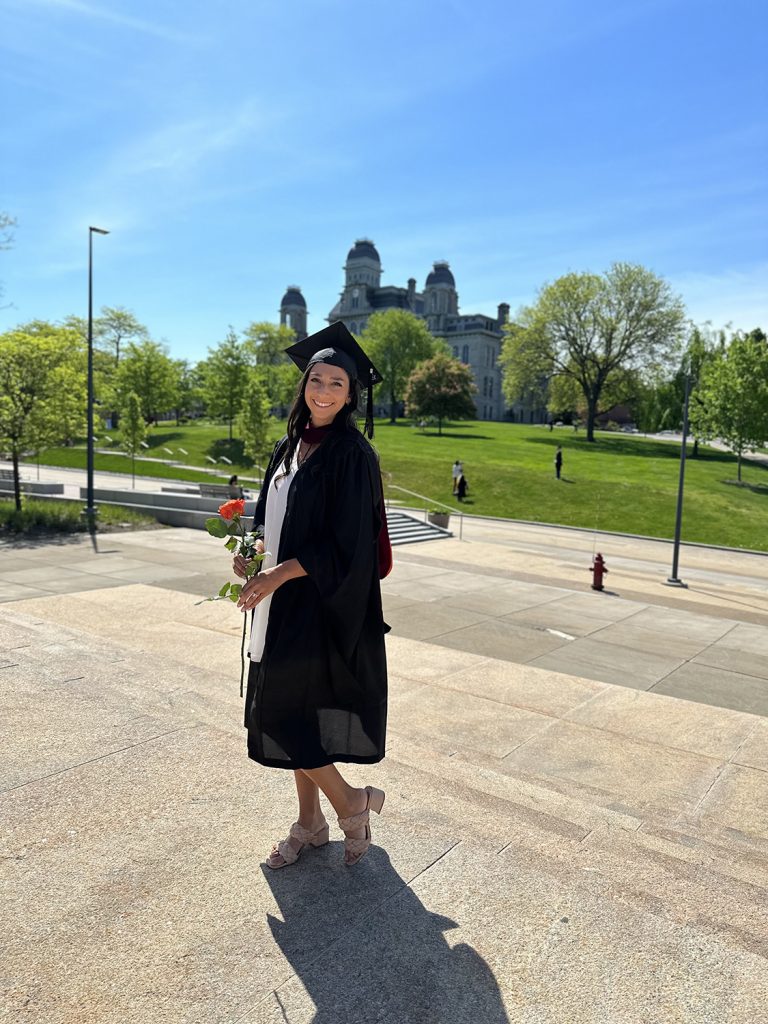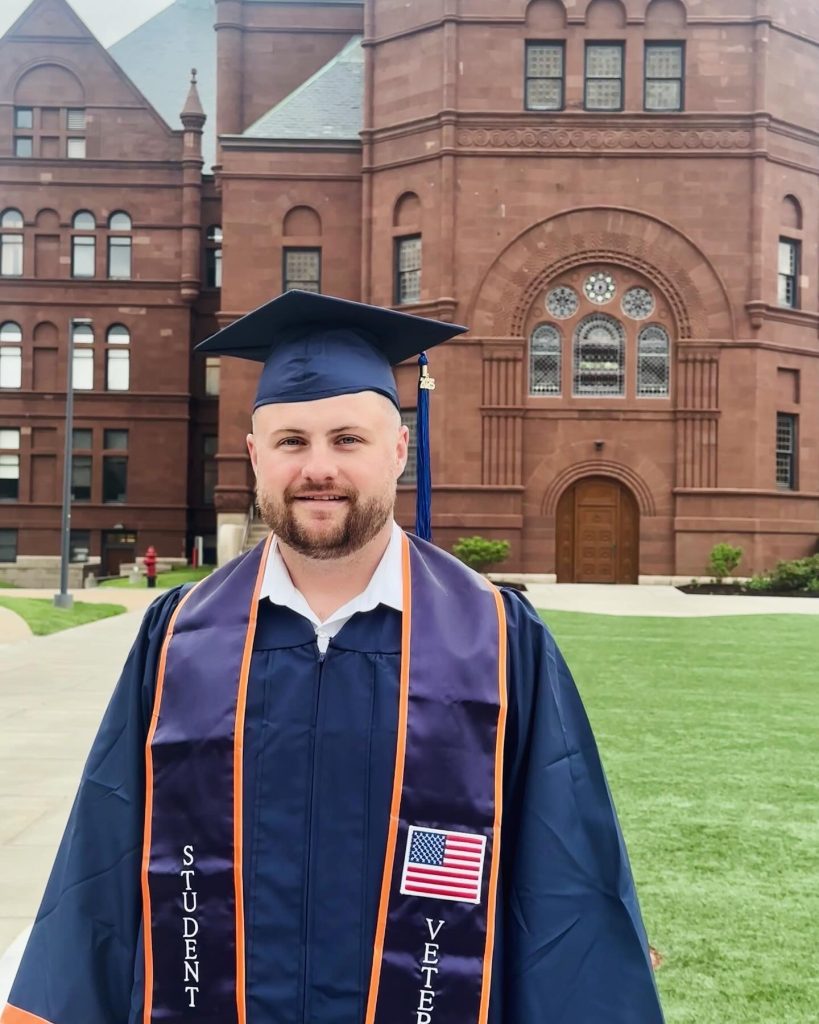
It’s a late evening in Asheville, North Carolina. The power is out, and the wind howls outside as Hurricane Helene tears through the region. Amid candles and a Starlink setup, determined Army veteran now student, Jonathan Milkovich ’25, logs into class, committed not to let the natural disaster derail his journey to graduation.
With the power out, many would have understandably postponed their coursework, but not Milkovich. That moment, equal parts grit, resilience, and resourcefulness, perfectly captures who Milkovich is. Although his professors understood and allowed Milkovich to complete his coursework on his own timeline, Milkovich persevered through the storm because it was his online program that fueled the optimism for his future.
“The transition from military life to academia was tough,” Milkovich says. “Even after serving only five years, transitioning back to civilian life presented numerous challenges. One of my blessings was finding Syracuse and transitioning from an in-person university to an online one with other veterans and adult learners.”
From Service Member to Student: A New Mission Begins
After serving in the military, Milkovich found himself at a crossroads. Like many veterans, the transition to civilian life came with uncertainty, emotional strain, and a new set of challenges.
“Before entering the military, I did not consider higher education a future option. Through service, I realized that the best future for myself, my family, and others was to continue learning and bettering myself through higher education,” he says. That realization led him to enroll into the online Business Management program at Syracuse University.
The shift to academia was anything but easy. Navigating lectures, assignments, and deadlines while juggling a full-time job and family life required a new kind of discipline. Still, Milkovich credits his wife and parents with creating the space, both emotional and logistical, that allowed him to thrive.
“Seeing the light at the end of the tunnel, for my future and my family, was something that always allowed me to balance what needed to be done and what could wait,” Milkovich says. “The ability to balance full-time work and online studies is something I owe to my wife, who was always picking up what I couldn’t get done at home.”

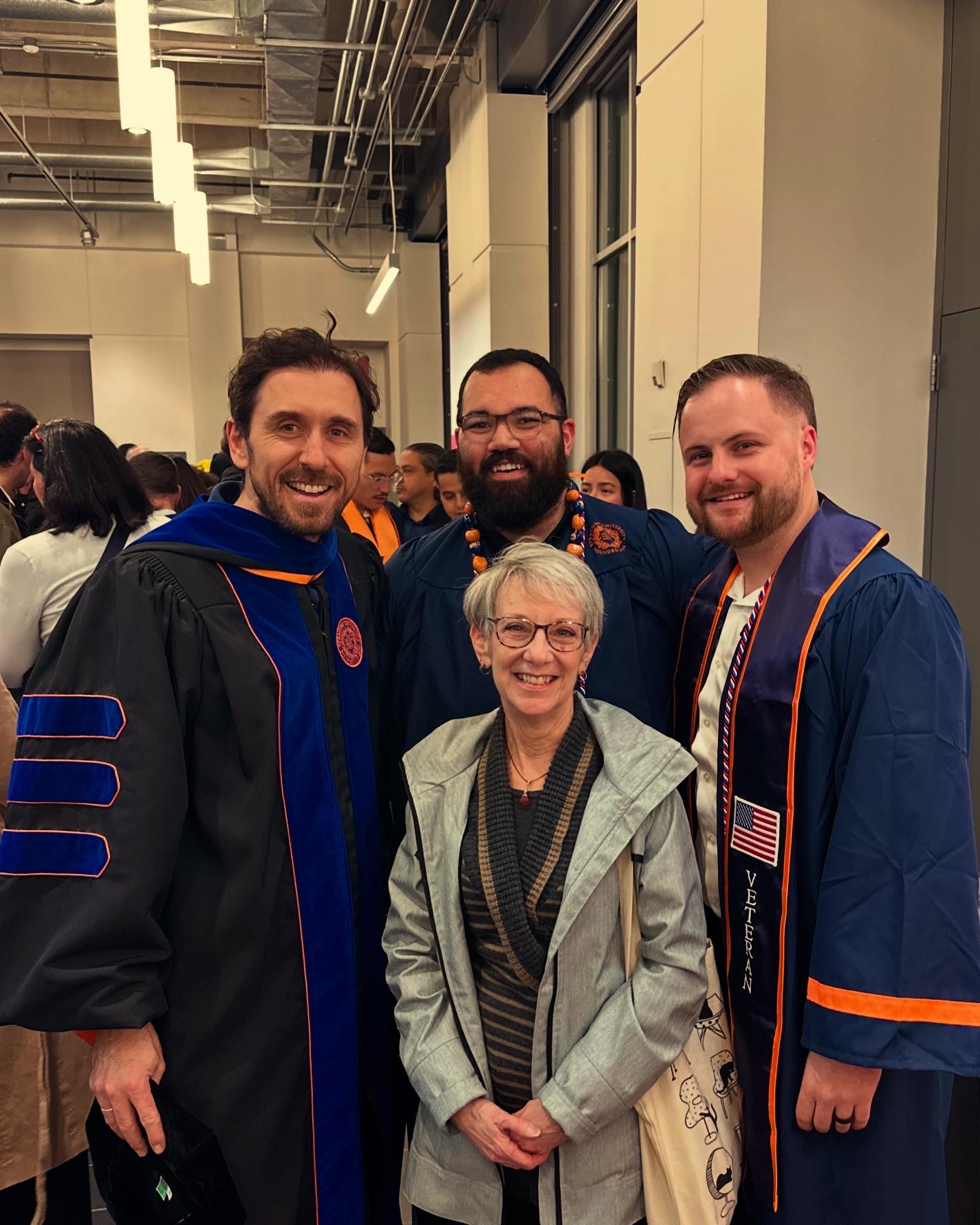
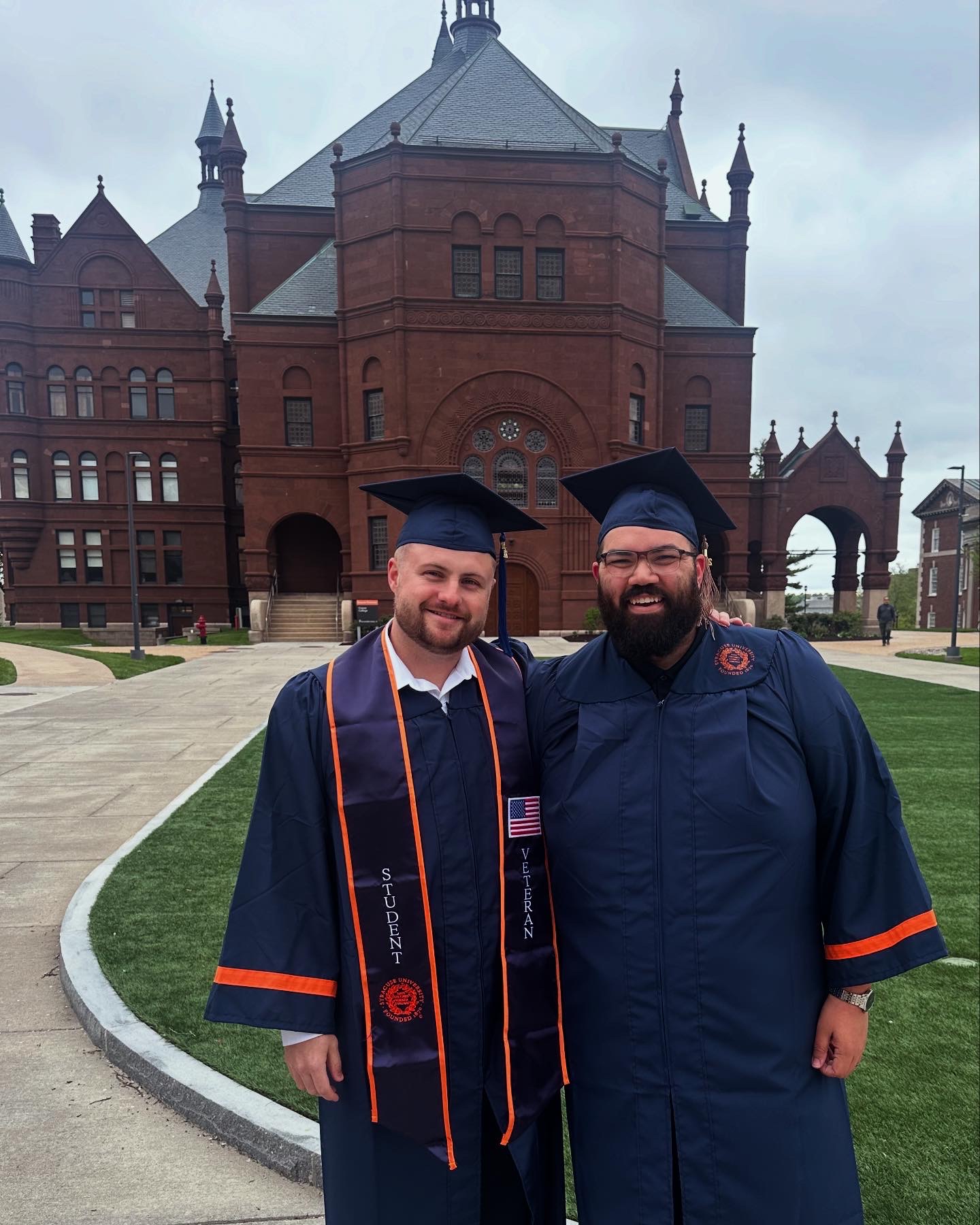
Syracuse’s veteran-friendly online program and support played a crucial role in his transition. Designed to accommodate the unique needs of those who’ve served, the program helped Milkovich feel less like a number and more like a valued member of a community. Surprisingly, some of the most meaningful relationships Milkovich developed happened virtually. It was proof that connections don’t require proximity.
“At graduation, I had the opportunity to meet and develop the relationships we had built through online classes and meetings even more,” Milkovich says. “These people I met are the ones I will work with, pursue veteran initiatives with, and form relationships that I will cherish for a very long time.”
Syracuse has earned top honors among private universities, ranking No. 3 in Best for Veterans in Online Bachelor’s Programs, No. 7 for Best Online Bachelor’s Programs, and No. 1 for Best Online Bachelor’s in Business Programs. These distinctions underscore Syracuse’s strong reputation as a leading choice for military-connected students and veterans.
From the moment they express interest to the day they graduate; students enrolled in the College of Professional Studies’ online programs are supported every step of the way through the College’s dedicated Online Student Success services.
“Our primary goal is to create conditions for our students to be successful,” says Liz Green, executive director of the student experience. “Our team is trained to support our military-connected students through an individualized approach that honors their experiences, commitment to service, and their mission-driven perspectives. We’re privileged to provide accessible educational pathways for military students like Jonathan.”
Operation WarriorFit: Building a Legacy of Service
Graduation isn’t the end of Milkovich’s journey, it’s a launching point for the foundation of his nonprofit organization, Operation WarriorFit.
When Milkovich left the military, he didn’t just hang up his uniform; he left behind the team, the structure, and the purpose that had shaped his life. Operation WarriorFit is a nonprofit organization dedicated to empowering veterans, active-duty service members, and first responders through fitness focused events. Born from personal experience after losing a friend in service to mental health struggles, and facing his own challenges transitioning to civilian life, Milkovich recognized the difficulties many veterans, service members, and first responders encounter.
“Operation WarriorFit’s mission is to offer something after service, to provide the ability to compete, to have something to look forward to,” Milkovich says. “When you go to an event and see someone in OWF gear, you know that you’re in a similar company and back around the people that you miss from service. There is someone out there who went through the exact same thing; you are not alone and never will be.”
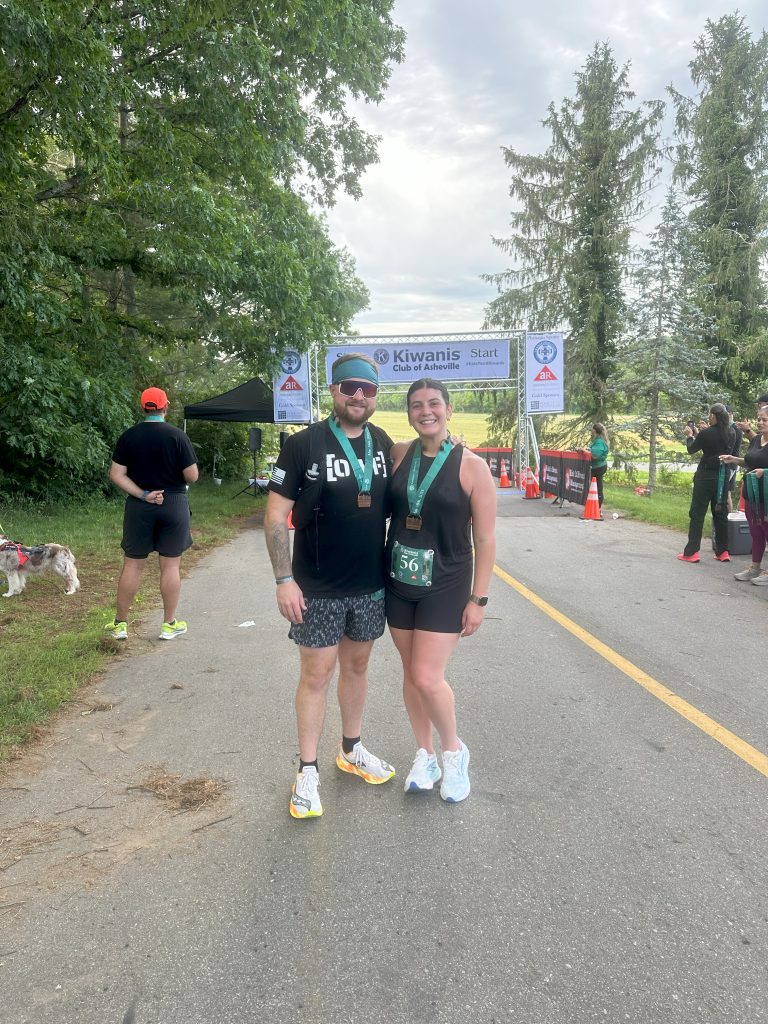
Armed with the knowledge and skills gained through his online Business Management program, the graduate is seamlessly transitioning from student to founder, using his education as a foundation to build and launch his nonprofit organization.
The course content had immediate relevance to his professional life. Leadership theories were integrated into his logistics work, while communication strategies served as essential tools for engaging effectively with his colleagues. Along the way, he sharpened key skills like virtual presentation and learning to “read the room” even when the room is a screen.
“One of the biggest things that kept me motivated throughout these classes was not only the apparent fact of bettering myself, but also all the material that was taught throughout the program was always very applicable,” Milkovich says. “I would learn something then go into work the next day and be able to apply the material.”
Milkovich’s journey is a testament to the power of education as a catalyst for transformation. His online degree didn’t just equip him with practical skills; it fueled his ability to turn a vision into reality. The lessons he learned became the building blocks of Operation WarriorFit and his journey has redefined his definition of success.
For Milkovich, success is no longer just about personal achievement; it’s about ensuring that others have the support and resources they need to navigate their own transitions. His ability to turn obstacles into opportunities is what defines his journey, and his nonprofit stands as proof that education isn’t just about earning a diploma; it’s about unlocking doors to new opportunities.
By Hope Alvarez

